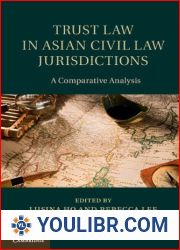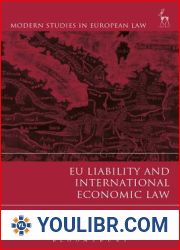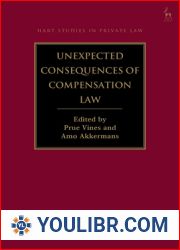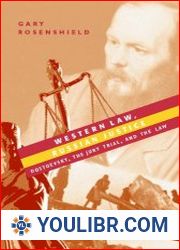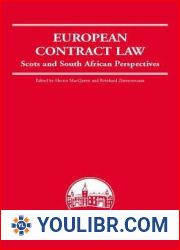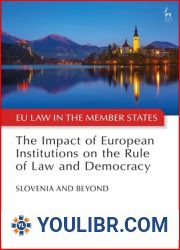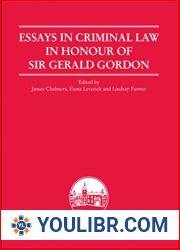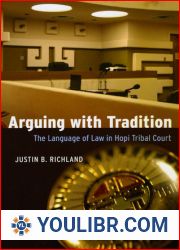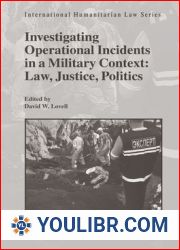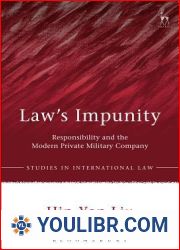
BOOKS - In the Shadow of the Law: Divorce in Canada 1900-1939 (Social History of Cana...

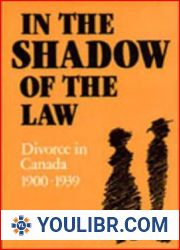
US $5.86

453635

453635
In the Shadow of the Law: Divorce in Canada 1900-1939 (Social History of Canada)
Author: James G. Snell
Year: January 1, 1991
Format: PDF
File size: PDF 18 MB
Language: English
Year: January 1, 1991
Format: PDF
File size: PDF 18 MB
Language: English
The sanctity of marriage and family life was vvirtually beyond question in the eyes of Canadian society during the early part of the twentieth century. Powerful elements within society had created these values and worked hard to maintain them. Assumptions about the family helped to shape the political, social, economic, and legal structures of Canada. The divoce laws served to maintain the status quo in familial values and gender-based attitudes, enforcing official standards of morality, family structure, and sexual conduct. James G. Snell examines the divorce laws of this period and the efforts of those who contronted the social pressures and challenged the divorce system. In view of the considerable authority of the divorce environment and the broad social support of the stus quo, their efforts are striking. An increasingly assertive group of Canadians, particularly women, defied the social taboos regarding divorce, claiming priority for their own marital needs. They manipulated the Canadian divorce process, taking advantage of existing loopholes in some instances and creating others when necessary. They insisted on the primacy of their own marital problems and in doing so resisted the immediate authority of the divorce environment while at the same time seeking the sanction of that authority. This was true not only for thuse using the formal divorce system, but also for many who resorted to informal processes of divorce. These 'pioneer' divorces led the way in creating a modern Canadian divorce system, based on consensual dissolution of marriage and relying on the courts less for arbitration between contending parties than for endorsement of a privately determined pact.








